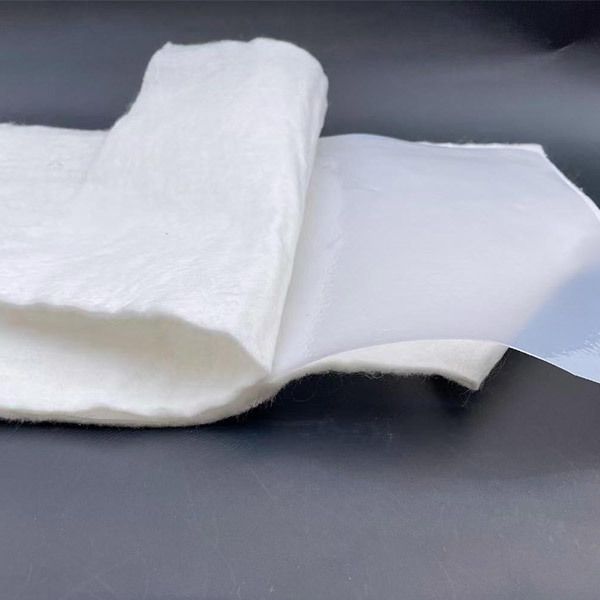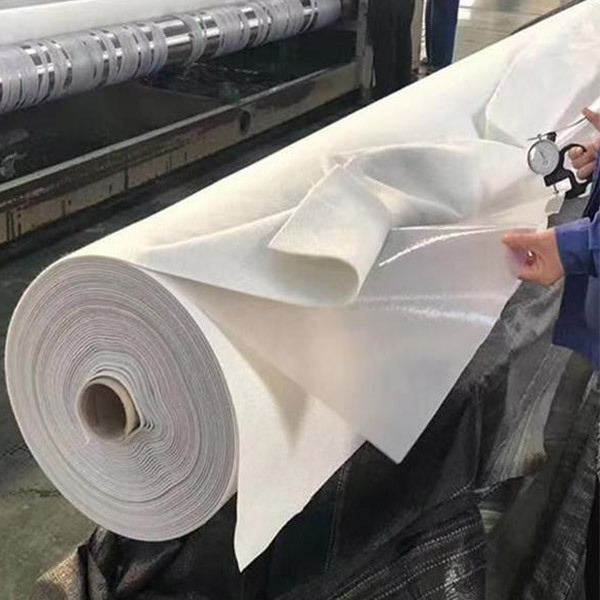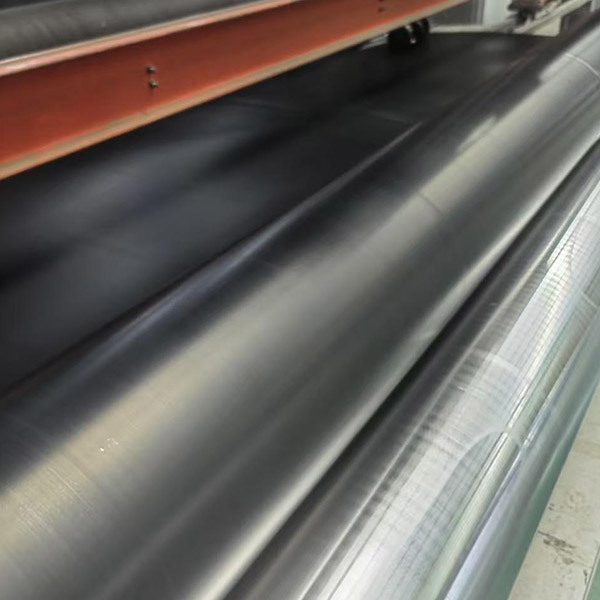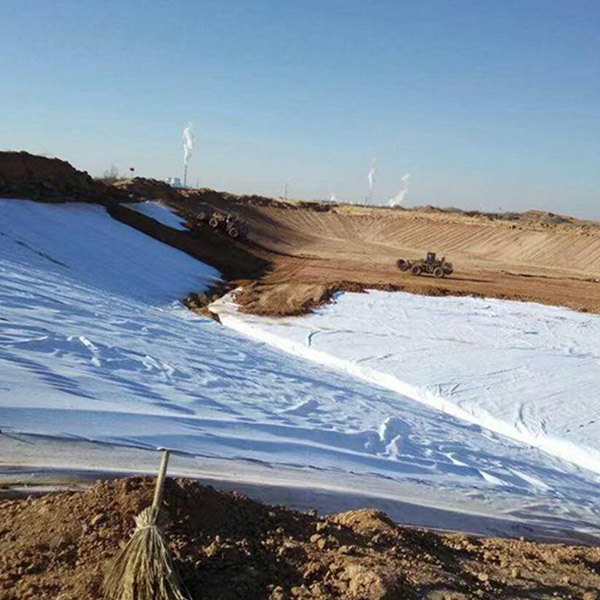Understanding EPI Geomembrane Manufacturing: Key Insights for Construction Professionals
Time:
Nov 14,2025
Geomembranes are crucial components in construction projects, particularly in applications involving containment, such as landfill liners and water reservoirs. Among the various types, EPI (Ethylene Propylene diene Monomer) geomembranes have gained popularity due to their unique properties and benefits. EPI geomembranes are known for their outstanding durability, flexibility, and resistance to UV
Geomembranes are crucial components in construction projects, particularly in applications involving containment, such as landfill liners and water reservoirs. Among the various types, EPI (Ethylene Propylene diene Monomer) geomembranes have gained popularity due to their unique properties and benefits. EPI geomembranes are known for their outstanding durability, flexibility, and resistance to UV radiation, making them ideal for both above and below-ground applications.
The manufacturing process of EPI geomembranes involves a series of complex steps to ensure that the final product meets the rigorous demands of various environmental conditions. Initially, raw materials are carefully selected and blended to create a high-quality polymer mix. This mix is then processed using advanced extrusion techniques to form sheets of geomembrane. The sheets undergo rigorous quality control testing to ensure they meet industry standards for thickness, tensile strength, and elongation.
One of the key advantages of EPI geomembranes is their excellent chemical resistance. They can withstand exposure to a wide range of chemicals, making them suitable for use in hazardous waste containment and chemical storage applications. Additionally, their flexibility allows for easy installation, even in challenging terrain, which is a significant consideration for construction professionals.
Moreover, EPI geomembranes are designed to provide long-term performance. They are less prone to cracking and puncturing compared to other types of geomembranes, ensuring that your projects remain secure and effective over time. This longevity not only enhances the reliability of your projects but also contributes to overall cost-effectiveness by reducing the need for frequent repairs or replacements.
In terms of environmental impact, EPI geomembranes are manufactured to be environmentally friendly. They are often produced using sustainable practices and can be recycled at the end of their life cycle, contributing to a circular economy in construction and environmental management.
As a construction professional, understanding the properties and manufacturing processes of EPI geomembranes can significantly enhance your project planning and execution. By opting for high-quality EPI geomembrane products, you can ensure that your projects meet safety, environmental, and performance standards, ultimately leading to greater success in your construction endeavors.
In summary, the choice of an EPI geomembrane manufacturer is crucial for ensuring the quality and reliability of geomembrane products. By being informed about the manufacturing process and the unique properties of EPI geomembranes, you can make knowledgeable decisions that will benefit your projects in the long run.
The manufacturing process of EPI geomembranes involves a series of complex steps to ensure that the final product meets the rigorous demands of various environmental conditions. Initially, raw materials are carefully selected and blended to create a high-quality polymer mix. This mix is then processed using advanced extrusion techniques to form sheets of geomembrane. The sheets undergo rigorous quality control testing to ensure they meet industry standards for thickness, tensile strength, and elongation.
One of the key advantages of EPI geomembranes is their excellent chemical resistance. They can withstand exposure to a wide range of chemicals, making them suitable for use in hazardous waste containment and chemical storage applications. Additionally, their flexibility allows for easy installation, even in challenging terrain, which is a significant consideration for construction professionals.
Moreover, EPI geomembranes are designed to provide long-term performance. They are less prone to cracking and puncturing compared to other types of geomembranes, ensuring that your projects remain secure and effective over time. This longevity not only enhances the reliability of your projects but also contributes to overall cost-effectiveness by reducing the need for frequent repairs or replacements.
In terms of environmental impact, EPI geomembranes are manufactured to be environmentally friendly. They are often produced using sustainable practices and can be recycled at the end of their life cycle, contributing to a circular economy in construction and environmental management.
As a construction professional, understanding the properties and manufacturing processes of EPI geomembranes can significantly enhance your project planning and execution. By opting for high-quality EPI geomembrane products, you can ensure that your projects meet safety, environmental, and performance standards, ultimately leading to greater success in your construction endeavors.
In summary, the choice of an EPI geomembrane manufacturer is crucial for ensuring the quality and reliability of geomembrane products. By being informed about the manufacturing process and the unique properties of EPI geomembranes, you can make knowledgeable decisions that will benefit your projects in the long run.





